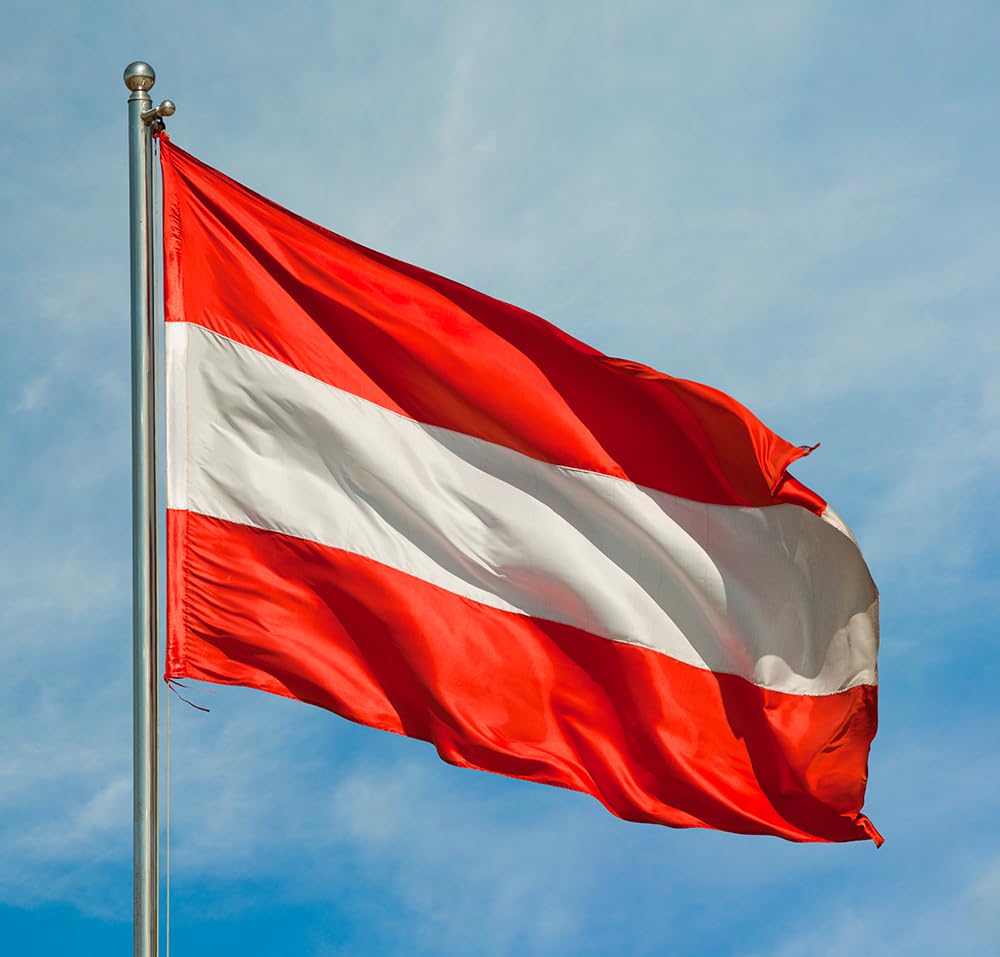Austria’s key location inside the European Union makes it an important center for commerce and innovation, particularly for companies trying to reach both Western and Eastern European markets.

A strong and resilient economy
Underlying a good balance of industry, services, and tourism, Austria’s economy is marked by low inflation, little state debt, and a constant GDP growth rate. Austria’s focus on creativity, exports, and public-private cooperation has helped it to be economically resilient despite changes in world economy. Mechanical engineering, automobile manufacturing, environmental technology, and food processing are among the many industries the nation boasts. Because this economic diversity lessens susceptibility to sector-specific downturns, Austria is a low-risk investment destination.
Promising sectors for investment
One of Austria’s most exciting industries is its fast expanding technological and innovative one. Particularly Vienna, which provides accelerators, incubators, and finance assistance, has grown to be a magnet for tech-driven businesses and entrepreneurs. The city often ranks well for startup environments worldwide. Government support and attention are being focused on fields such artificial intelligence, cyber security, and digital health.
One industry with great promise is renewable energy. With over 75% of its power already produced from renewable sources, Austria has already pledged to becoming carbon neutral by 2040. For companies focused on solar energy, wind power, and green building technology, there are many prospects.
Also vital to Austria’s economy are tourism and hospitality. The nation is known for its wellness spas, old towns, and mountain resorts. Investing possibilities include luxury hotels, eco-tourism, and internet travel sites targeted at ecologically minded guests.
Supported by world-class research institutes and a robust pharmaceutical industry, the life sciences and healthcare sector is likewise fast growing. Investing in telemedicine, biotech innovation, and aging-related healthcare services, Austria is opening doors for both domestic businesses and international ones.
Favorable business climate
Thanks to its open legal system, effective administration, and safe investment climate, Austria ranks well for simplicity of doing business. Currently at 23% and expected to decline even further, the corporation tax rate is competitive by European norms. Moreover, the nation has inked double taxation agreements with more than 90 nations, thereby promoting cross-border trade and reducing financial obstacles for overseas investors. Through organizations like the Austrian Research Promotion Agency (FFG) and the Austrian Business Agency (ABA), Austria presents a range of financing programs and grants. For foreign investors and businesses, these organizations provide market entrance help, financial support, and consulting services.
Strategic location and market availability
Trade and logistics companies especially benefit from Austria’s central European position. Having eight borders—including Germany, Italy, and Hungary—Austria gives simple access to both developed and growing European markets. Its EU membership improves this benefit even more as it provides easy access to a market with about 500 million people. Another main asset of the nation is its infrastructure. Among the greatest in Europe, its roads, rail infrastructure, and international airports help to effectively move products and services. Because of its great connection and quality of living, Vienna, the capital, is a regional headquarters for many global companies.
Skilled and productive workforce
Austria has a well-trained workforce and a first-rate educational system. To make sure graduates are ready for the workforce, the nation runs a dual education program combining vocational training with academic study. This approach generates a pool of technically competent but practically experienced personnel. Apart from their technological proficiency, Austrian employees are bilingual and many of them speak English and other European languages, which helps companies worldwide. Factors that support operational effectiveness in the workforce include also great productivity, good work ethics, and loyalty.
Dedication to sustainability and green innovation
Deeply ingrained in Austria’s economic plan is sustainability. The government supports clean transportation, energy-efficient infrastructure, and circular economy ideas by means of laws and encouragement of green entrepreneurship. Startups and SMEs with an eye on sustainability might benefit from subsidies, tax discounts, and favorable lending terms among other advantages. Austrian consumer behavior also shows an increasing inclination for eco-friendly goods and services, therefore generating demand in many different sectors—from food and fashion to housing and transportation. Companies that live up to these standards are more likely to flourish in Austria.
You may also find these articles helpful
Frequently Asked Questions on Austria
Understanding the impact of criminal records on immigration to Austria
Assessing social benefits and welfare as an immigrant in Austria

